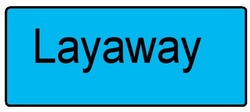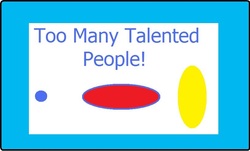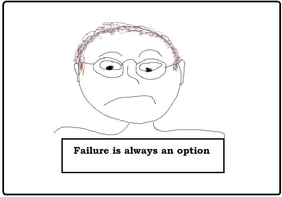
A far better idea is to return to the former system called the "Christmas club". You deposited a set amount of money in a special account at your bank starting in the summer. And then, just before the holidays, you withdrew the money and went shopping. Of course now, if its the Bank of America, they will charge $5 instead of paying interest. In any event, read any and all agreements covering layaway's, and CYA! Covet your assets...



 RSS Feed
RSS Feed
